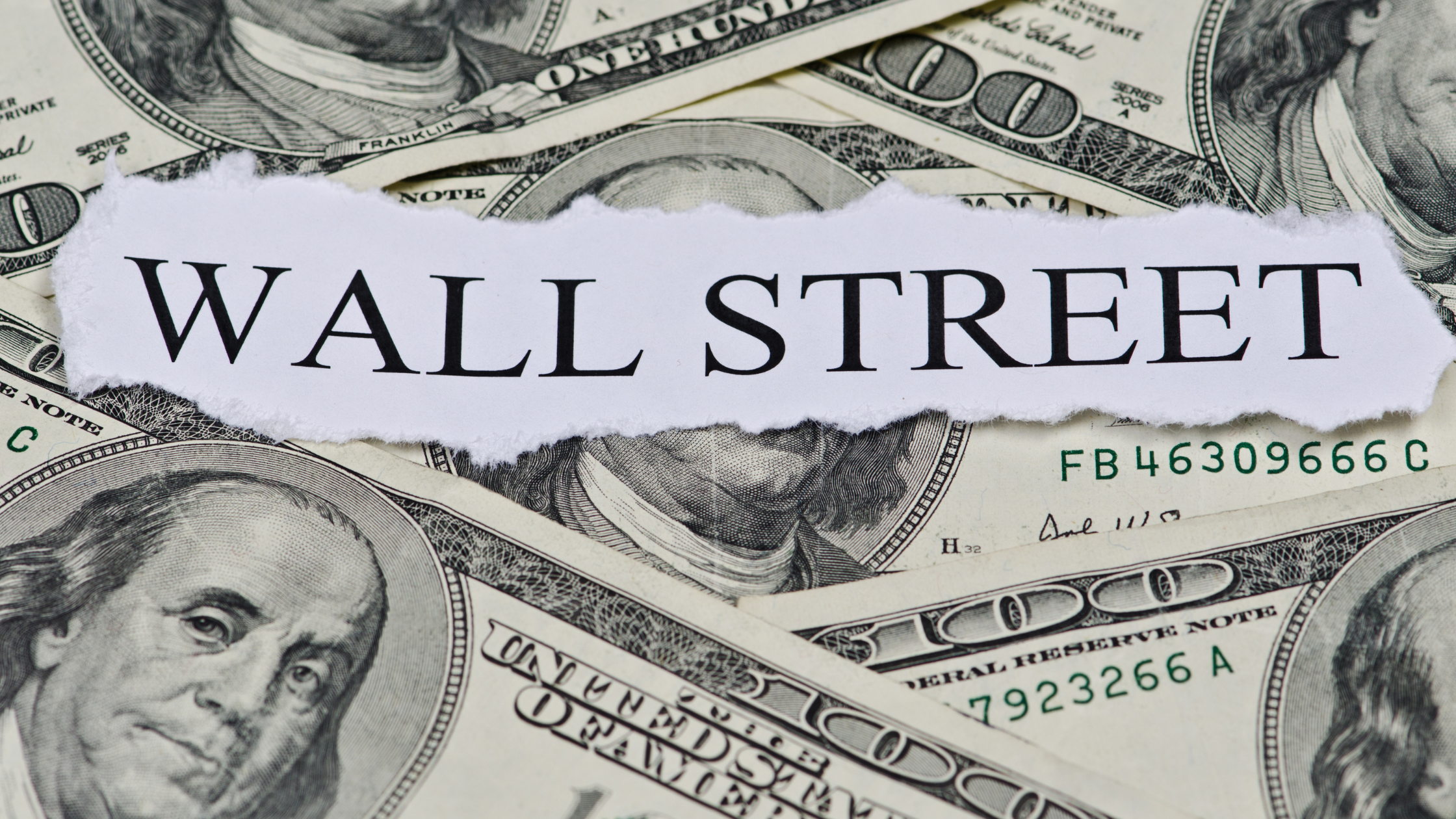Learn how Wall Street Recovery the latest economic reports affected the stock market and its recovery and what analysts predict for 2024. Find out which sectors and companies performed well and which ones lagged.
Jobs Report and Service Sector Report Affect Market Expectations and Wall Street Recovery
Wall Street ended its most dismal week since Halloween with a lacklustre Friday, as reports indicated that workers are earning more. Still, some key sectors of the economy are not overheating.
The S&P 500 gained 8.56 points, or 0.2%, to 4,697.24, after fluctuating between small rises and falls throughout the day. It marked the first weekly decline for the index in 10 after it surged into 2024 on expectations that inflation and the economy are cooling enough for the Federal Reserve to slash interest rates significantly this year.
The Dow Jones Industrial Average increased 25.77, or 0.1%, to 37,466.11 and moved closer to its record high earlier in the week. The Nasdaq composite rose 13.77, or 0.1%, to 14,524.07.

The jobs report momentarily made traders delay their predictions for when the Fed could start cutting rates. But a report later in the morning showed that the growth of finance, real estate, and other U.S. service companies slowed more than economists anticipated last month.
After that report, traders quickly resumed their bets for the Fed to cut rates in March. They’re now estimating a nearly two-thirds probability of that, similar to the previous day, based on data from CME Group.
All in all, the data could support Wall Street’s growing hopes for a perfect landing for the economy, one where it slows down just enough through high interest rates to curb high inflation but not so much that it triggers a recession.
Treasury Yields Swing Sharply Following Economic Reports and Wall Street Recovery
After reaching as high as 4.09% right after the jobs report, the yield on the 10-year Treasury dropped to 3.96% following the weaker-than-expected report on service industries. It eventually settled at 4.04%, compared with 4.00% late Thursday.
Treasury yields moved sharply in the bond market following the economic reports. They initially rose after the latest monthly jobs report showed that U.S. employers hired more workers than expected last month. Average hourly pay for workers also increased when economists had predicted a drop.
These substantial numbers are good news for workers, and they should keep the economy running smoothly. That’s a positive for corporate earnings, one of the main drivers of stock prices. But Wall Street’s concern is that the vital data could also persuade the Federal Reserve that inflation remains a threat. That could mean the Fed will keep interest rates high longer than anticipated. Interest rates affect the other major factor determining stock prices, with high ones harming financial markets.
Constellation Brands and Travel-Related Companies Perform Well and Help Wall Street Recovery
On Wall Street, Constellation Brands rose 2.1% after the U.S. seller of Corona and Modelo beers reported higher profit for the latest quarter than analysts expected.
Travel-related companies also performed well and recovered losses from earlier in the week. Carnival increased 2.8%, and American Airlines rose 3.9%.
Apple Drops for the Week and Hinders Wall Street Recovery
On the losing side was Apple, whose 0.4% drop Friday led to a 5.9% loss for the week, its worst since September. It contrasts sharply with last year when the market’s most influential stock soared more than 48%.
Wall Street’s Rally Since Autumn Was Excessive and Led to Its Worst Week in 10
This week’s broad retreat for stocks was not a shock for many on Wall Street, who said its big rally since autumn was excessive. Critics say the six rate cuts traders expect for 2024 are unlikely unless a recession happens. In its latest summary of economic projections, or SEP, the Fed suggested three cuts might be more realistic.
“Many who believe that the Fed will need to move more quickly and aggressively than its SEP projections or recent statements likely faced a wake-up call this week,” said Rick Rieder, chief investment officer of global fixed income at BlackRock.
Despite the market volatility this week, some analysts remain optimistic about the prospects for 2024. They point to the strong consumer spending, the robust corporate earnings, and the easing of the omicron variant as positive factors that could support the stock market and its recovery.
However, they also acknowledge the challenges and uncertainties that lie ahead, such as geopolitical tensions, supply chain disruptions, and inflationary pressures. They advise investors to be selective and diversified in their portfolio choices and prepare for more market swings in the coming months.
